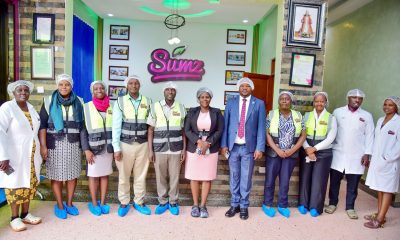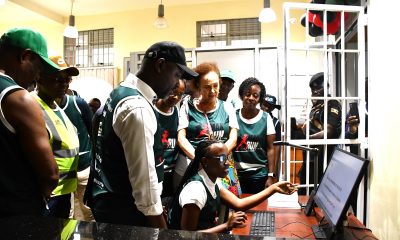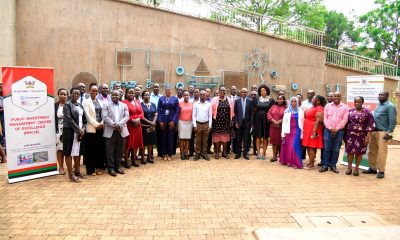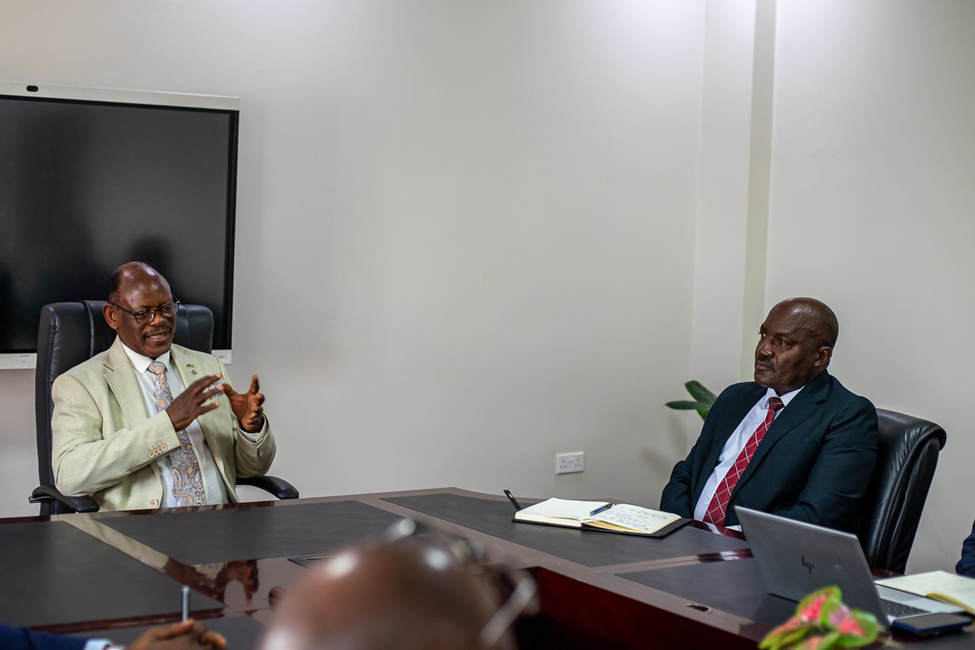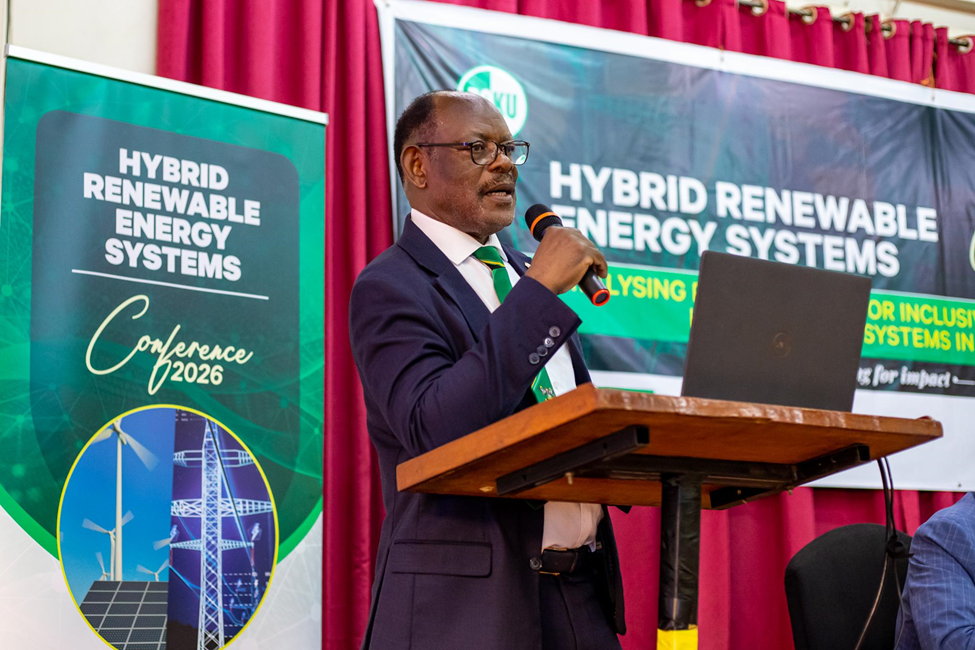Engineering, Art & Tech
MTSIFA gets into partnership with the University of Bergen
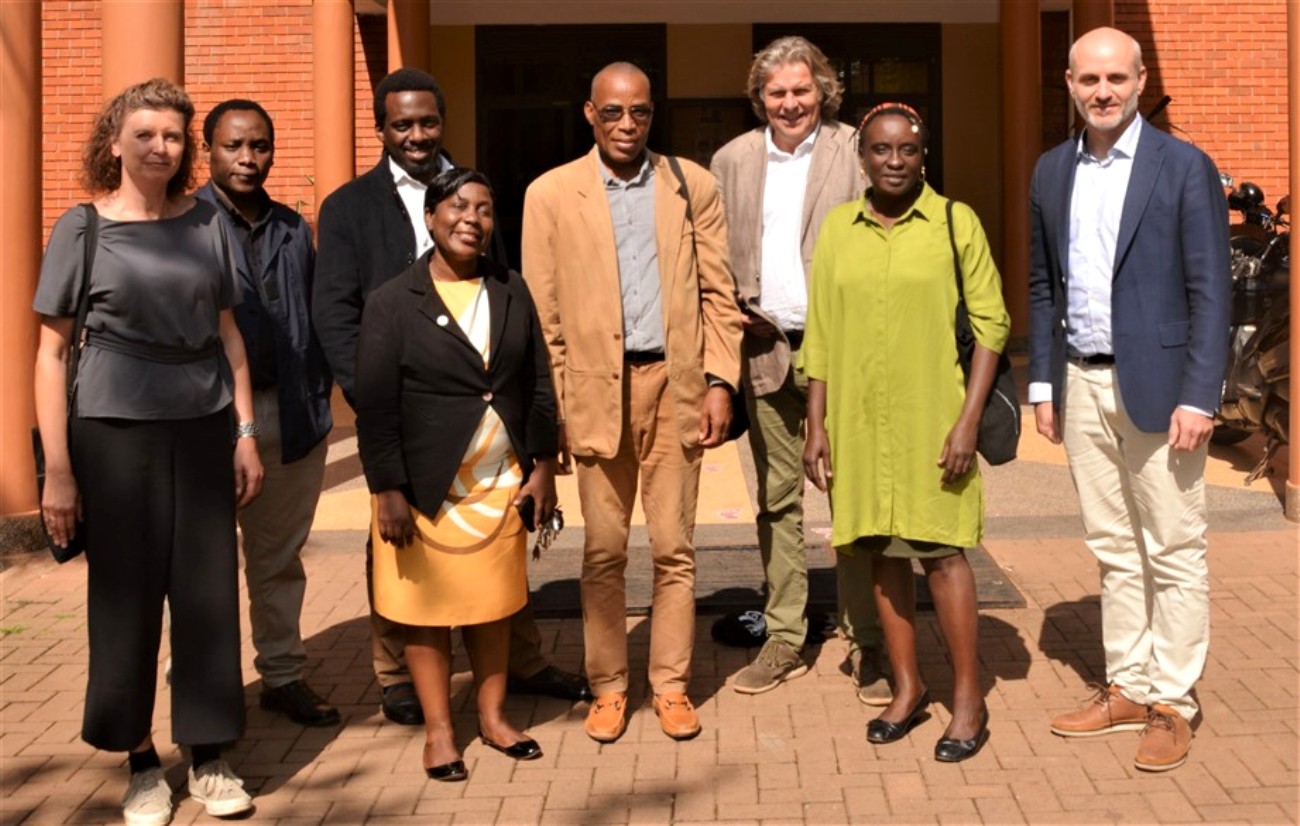
Engineering, Art & Tech
Makerere University Announces Call for Papers for 10th National Conference on Communication (NCC 2026)
Engineering, Art & Tech
Makerere University and University of Warwick Strengthen Ties in High-Level Visit
Engineering, Art & Tech
Makerere and BOKU University Strengthen Ties at Hybrid Renewable Energy Systems Conference
-

 General12 hours ago
General12 hours agoCall for Applications: Diploma Holders under Government Sponsorship 2026/2027
-

 General12 hours ago
General12 hours agoAdvert: Admissions for Diploma/Degree Holders under Private Sponsorship 2026/27
-

 Humanities & Social Sciences1 week ago
Humanities & Social Sciences1 week agoMeet Najjuka Whitney, The Girl Who Missed Law and Found Her Voice
-

 General1 week ago
General1 week ago76th Graduation Highlights
-

 Agriculture & Environment2 weeks ago
Agriculture & Environment2 weeks agoUganda Martyrs Namugongo Students Turn Organic Waste into Soap in an Innovative School Project on Sustainable Waste Management

